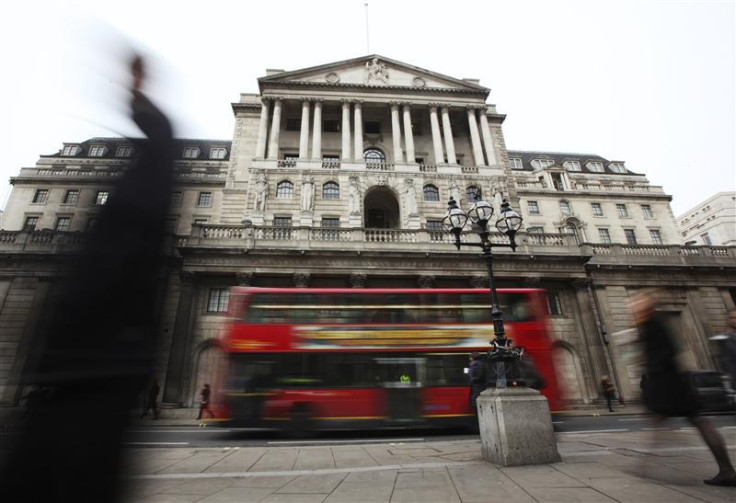Small Towns in Britain Could Soon be without Banks, Economy to Suffer

The increasing numbers of financial transactions happening through the Internet, it is feared, will lead to at least five banks closing every week (260 per year), in a trend expected to last till 2018. This is from a report by the Campaign for Community Banking Services (CCBS). Essentially, the report says the number of bank branches in Britain will drop from 9,550 to 8,000 in the time period mentioned above.
The CCBS is a group of twenty national organisations who look to address concerns about bank branches closing, financial exclusion, financial welfare of a community and carbon emissions.
The original report was published in 2003 and indicated that there were as many as 506 rural communities (in England, Wales and Scotland) and 581 urban communities with only one bank.
The same survey, carried out in Feb. 2012, indicated that for the same parameters, there were only 414 and 466 banks.
The revised report says: "Amongst the interesting points to emerge from the revision is the significant reduction in HSBC's share of 'last bank in community' which has halved, to 10%, as a result of an unrestrained attack on the category as part of a continuous culling of its network. Pledges by the other three main banking groups to maintain a banking service where they are last bank has temporarily reduced the problem but there is no long term guarantee and present numbers of unprotected communities are expected to increase as a result of closures in dual bank and multi-banked communities."
The Telegraph, in another article that mentions this report, said the CCBS expected of the 880 towns in Britain with only one bank, 600 would soon be without a bank.
"There is also the knock-on effect that people will stop going into town centres as there is no bank," said Derek French, a Director at the campaign group.
The CCBS, for its part, has been vocal about its findings and has tried to suggest ways to tackle the problem. It has started efforts to convince large-scale banks like Barclays Lloyd's to share their individual premises for community banking services. This will help companies cut rising costs and make sure each location or town has at least one branch to cater to customers. The Telegraph quoted French as saying the UK's four big banks could save up to £1 billion a year, in operating costs, by sharing facilities.
The principal concern at this point, given the extent of trouble in the UK and Europe, is that the British government is not doing enough to help people retain local banking networks. It isn't just the inconvenience of travel that the closure of community banks creates.
Community banks act as back-ups for small retailers and traders who transact with these banks. A closure of single-bank locations or towns would make the movement of money a slow process that will then be guided by factors such as location and feasibility. Such a concern has already manifested itself. Recent research suggests small towns in the UK are losing as many as 14 shops every single day.
Derek French did also indicate that the UK's big banks had made a variety of pledges to keep the community banks open. However, it is unclear as to how long these pledges will be honored and to what degree.
"At a time when there are huge problems over high street shops closing and the emphasis is on the 'big society', this prognosis is going in the opposite direction. It is destroying the concept of community. Banks have to think of encouraging community cohesiveness, not isolation," said Lord McFall of Alcluith, the former chairman of the Treasury Select Committee.
© Copyright IBTimes 2024. All rights reserved.





